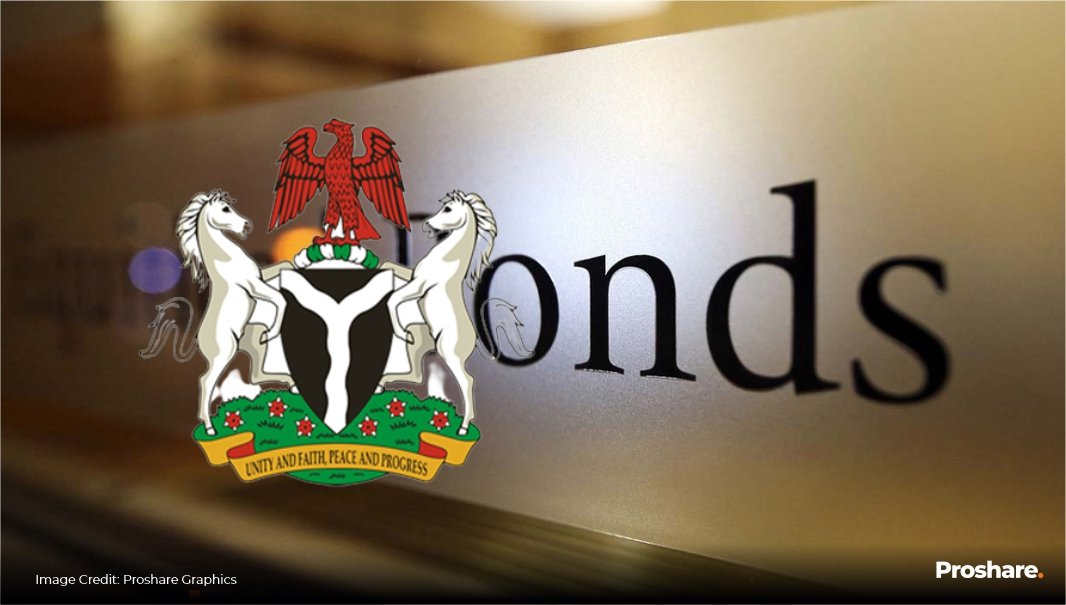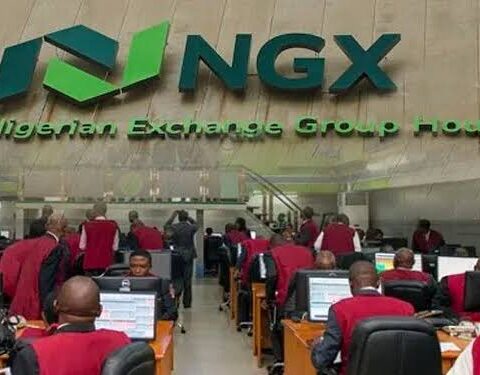By MIKE ABBAH
The Federal Government has raised over N346.155 billion at its November 2024 bond auction, reflecting higher allotments despite a reduction in the amount offered.
The auction, conducted by the Debt Management Office (DMO) on November 18, 2024, featured reopenings of the 19.30% FGN APR 2029 (5-Year Bond) and the 18.50% FGN FEB 2031 (7-Year Bond).
Compared to October, the November auction saw a 33.33% reduction in the total amount offered.
The DMO placed N60 billion on offer for each bond, a drop from N90 billion in October. Despite the lower offerings, total allotments rose significantly, climbing by 19.50% to N346.155 billion from N289.597 billion in October.
For the 5-year Bond, N63.530 billion was allotted, while the 7-year Bond recorded an allotment of N282.625 billion. In contrast, the October auction allotted N57.237 billion and N232.360 billion for the 5-year and 7-Year Bonds, respectively.
The total amount offered at the auction was N120 billion, evenly split at N60 billion for each bond series.
However, investor interest far exceeded expectations, with total bids amounting to N369.585 billion—a 208% subscription rate. This oversubscription highlights the market’s appetite for fixed-income instruments amid evolving macroeconomic conditions.
Investor demand remained strong but moderated slightly, with total subscriptions in November reaching N369.585 billion, a 5.06% decline from October’s N389.321 billion.
The 5-Year Bond attracted N75.560 billion in subscriptions, up from N60.737 billion in October. Conversely, the 7-year Bond saw subscriptions drop to N294.025 billion from N328.584 billion.
In the November 2024 bond auction, the Federal Government also incorporated a Non-Competitive Allotment, a feature typically designed to cater to retail investors and smaller-scale participants seeking fixed-income exposure without competing directly on marginal rates.
This allotment was applied exclusively to the 19.30% FGN APR 2029 (5-Year Bond), with an allocation of N0.500 billion.
This relatively modest allotment represents a strategic inclusion, enabling broader market participation while maintaining the auction’s primary focus on competitive bidding from institutional investors.
Non-competitive allotments provide an avenue for smaller investors to access government securities at the same marginal rate determined during the auction without the need to submit competitive bids.
The 18.50% FGN FEB 2031 (7-Year Bond), however, did not feature any non-competitive allotment, signaling that the DMO prioritized competitive bids for this longer-term instrument, likely due to the higher demand and the substantial subscription it attracted.
Marginal rates increased in November, reflecting tightening liquidity conditions. The 5-year Bond’s marginal rate rose to 21.00% from 20.75% in October, while the 7-year Bond’s rate increased to 22.00% from 21.74%.
Bid ranges in November also highlighted robust investor competition, with the 5-Year Bond receiving bids between 19.00% and 21.90%, and the 7-Year Bond bids ranging from 18.00% to 23.00%.
The rise in marginal rates suggests a broader trend of upward pressure on borrowing costs, potentially influenced by inflationary trends and monetary policy adjustments.
The overwhelming interest in the 7-year Bond compared to the 5-year Bond reflects a preference for longer-duration instruments, likely due to expectations of sustained high interest rates in the medium term.
The sharp contrast between the amounts subscribed and allotted indicates the DMO’s strategic allocation to balance government financing needs with market stability.
The November auction’s reduced offer size aligns with a possible strategy to manage borrowing levels while maintaining market confidence. Higher allotments, despite reduced offerings, suggest an aggressive approach to securing funds for government projects amid rising borrowing costs.
The higher marginal rates and increased allotments highlight the government’s ability to attract significant investor interest despite market adjustments. However, the sustained rise in borrowing costs could impact fiscal dynamics, necessitating careful fund allocation to critical sectors.
The Federal Government has continued on its borrowing spree to finance fiscal deficits and sustain the stability of the naira.



























